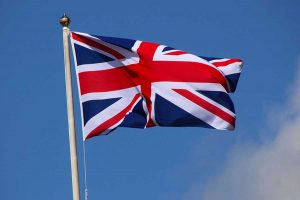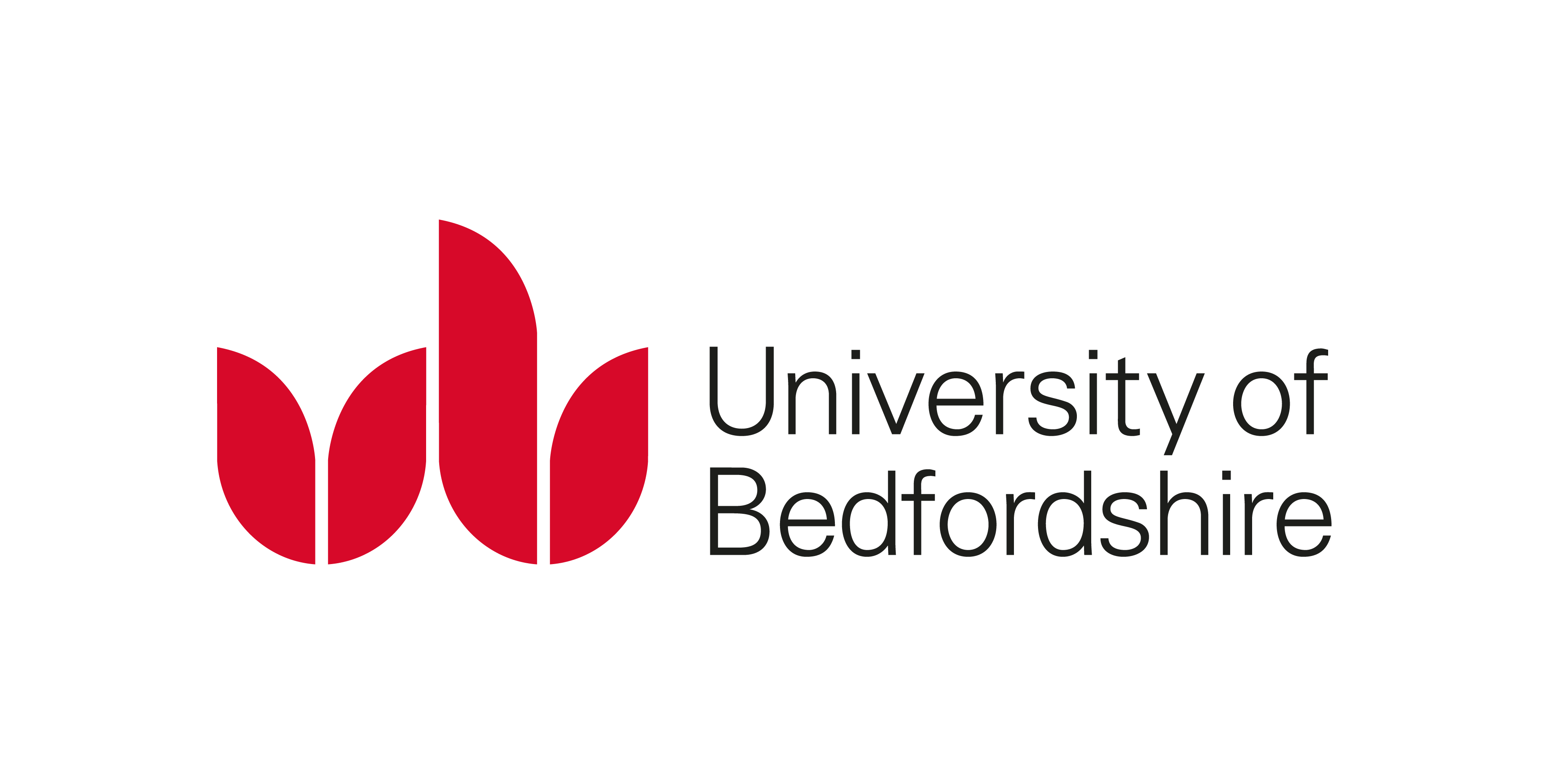
The U.K. government’s first new international development strategy since 2015 will put “economic power at the centre of … [its] development approach” and “substantially rebalance” the aid budget from multilateral organizations in favor of bilateral funding.
Promoting trade and investment projects under the banner of “British Investment Partnerships” is a major theme of the strategy, which was published Monday after repeated delays and which is also overtly geopolitical.
Frustrations grow in UK over FCDO’s delayed development strategy
Publication of the United Kingdom’s international development strategy was pushed back repeatedly, causing further uncertainty in the aid sector after a year of budget cuts.
Economic partnerships will “deliver for people here in the UK – investments abroad will generate export opportunities in the UK, creating jobs right across the country,” the strategy states. It emphasizes the promotion of “British expertise,” both for achieving development objectives and for creating “opportunities for businesses and institutions across all parts of the UK.”
Thematically, priorities also include women and girls’ education, empowerment, and protection, along with humanitarian responses.
But while the government’s Integrated Review of Security, Defence, Development and Foreign Policy — which the strategy claims to build on — made tackling climate change and biodiversity loss the United Kingdom’s “number one international priority,” the development strategy dedicates just over a page to the topics, which are covered in the same category as global health.
There is scant mention of open societies and conflict resolution, which had been key priorities under Foreign Secretary Liz Truss’ predecessor, Dominic Raab. Just one paragraph is dedicated to conflict resolution, despite plans to ”establish a new conflict and atrocity prevention hub that brings together all UK Government capabilities.” There is no mention of Truss’ concept of a global “network of liberty.”
Major questions remain over how much aid will be allocated to different geographies and themes, including that for women and girls, which the strategy promises to restore. Funding has not yet been decided, but the strategy says the U.K. will “channel the majority of our ODA [official development assistance] towards low-income countries where there is a clear commitment to progress.”
Other announcements in the strategy include:
• The creation of U.K. Centres of Expertise “to help governments pursue resilient and sustainable economic growth.”
• A new Developing Countries Trading Scheme, run by the Foreign, Commonwealth & Development Office and the Department for International Trade.
• Ensuring that all new bilateral ODA aligns with the Paris climate agreement by 2023 and “does no harm to nature.”
After bilateral spending was disproportionately affected by the government’s recent aid cuts, the strategy says that “FCDO will substantially rebalance its ODA investments from multilateral towards bilateral channels.”
It adds, “By 2025 FCDO intends to spend around three-quarters of its funding … through country and bilateral programmes.”
These relationships will be “tailored to the geopolitical reality faced by low- and middle-income countries – helping our strategic partners to navigate the contested, competitive modern global economy and determine their own future,” it says.
The United Kingdom’s remaining multilateral contributions — which have also already suffered — will “reflect a proportionate burden-share with partners.” But no figures are given, nor detail on how this will be managed.
Source from Devex
Original News HERE

































